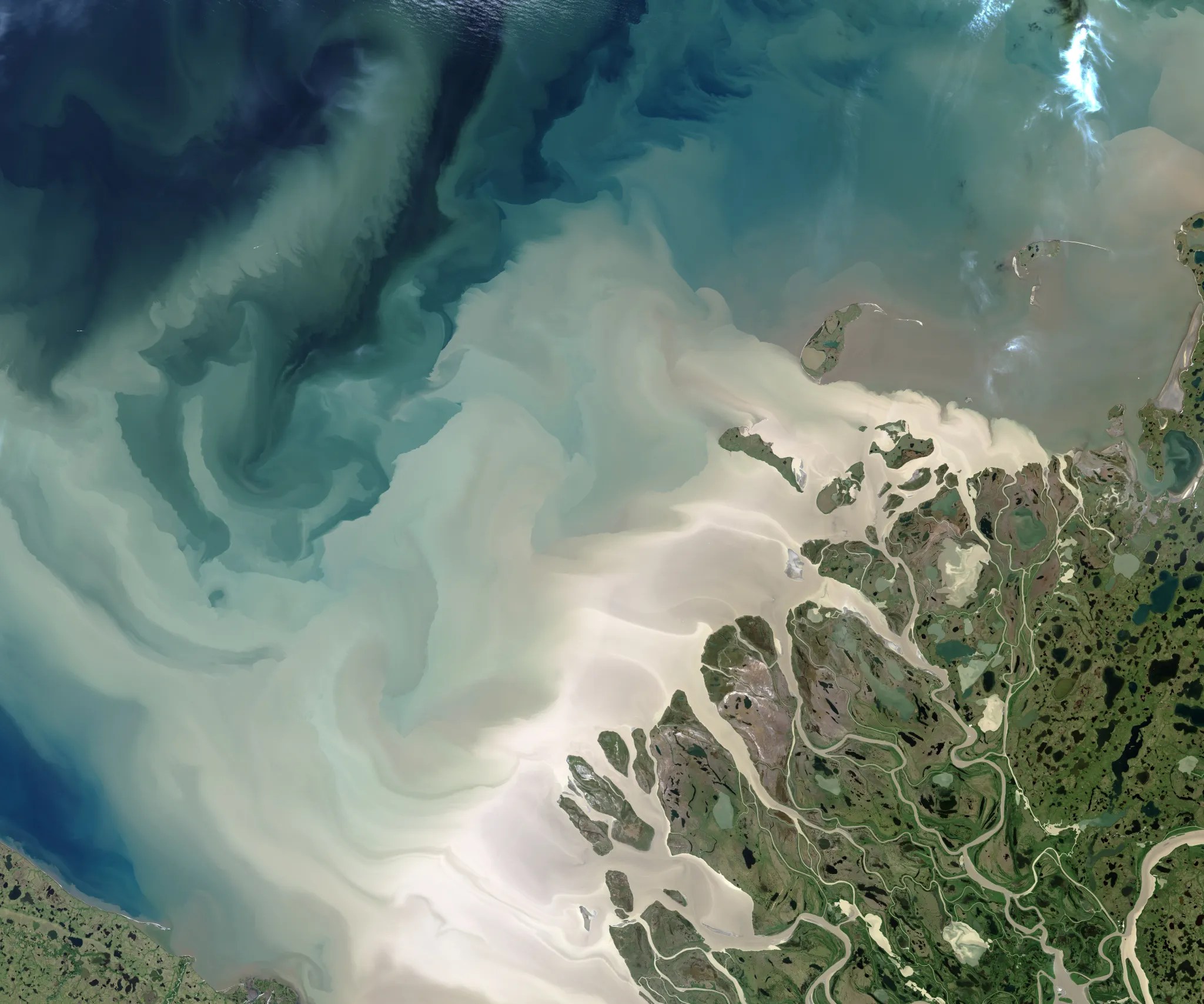A new study published this month highlights the growing dangers of changes in ocean currents. According to the new research, weaker ocean circulation could actually increase the amount of CO2 in the atmosphere, accelerating the destruction of the planet by rising global temperatures.
The changes in the ocean’s overturning circulation are also tied to the progression of climate change, so it’s a kind of circle of life. The slowdown, scientists predict, could mean less carbon dioxide is pulled from the atmosphere by the ocean. However, they also predict it could mean less carbon dioxide is fished up from the bottom of the deep ocean.
Scientists believed there could be a balancing effect. But that may not be the whole story. According to a new study, the dangers of changes in ocean currents are still very real. The new research was led by MIT researchers and published in Nature Communications. While it may seem to some that things are balancing out, it could be that as circulation slows, more carbon stored at the bottom of the deep ocean is released.

This is obviously bad news for us, because carbon dioxide is a greenhouse gas and that means it will ultimately trap more heat in the Earth’s atmosphere. As a result, global temperatures will continue to rise, potentially causing thawing of old ice sheets and rising sea levels that could decimate the coastlines of countries around the world.
The reason this new study believes that the changes in ocean currents could actually cause more dredging of that deep ocean carbon is because of the overall balance between iron, carbon, nutrients, surface microorganisms, and a class of molecules known as “ligands.” The dangers of slowing ocean currents all come into play because slower currents mean fundamental changes to these key players and the amount of carbon they release into the ocean as well.
Ultimately, this means the ocean is releasing more carbon back into the atmosphere. The researchers say it completely overturns what we thought was going on with the ocean, and that we need to be proactive in finding ways to reduce emissions now, so that we can buy more time to mitigate the problem of climate change.
